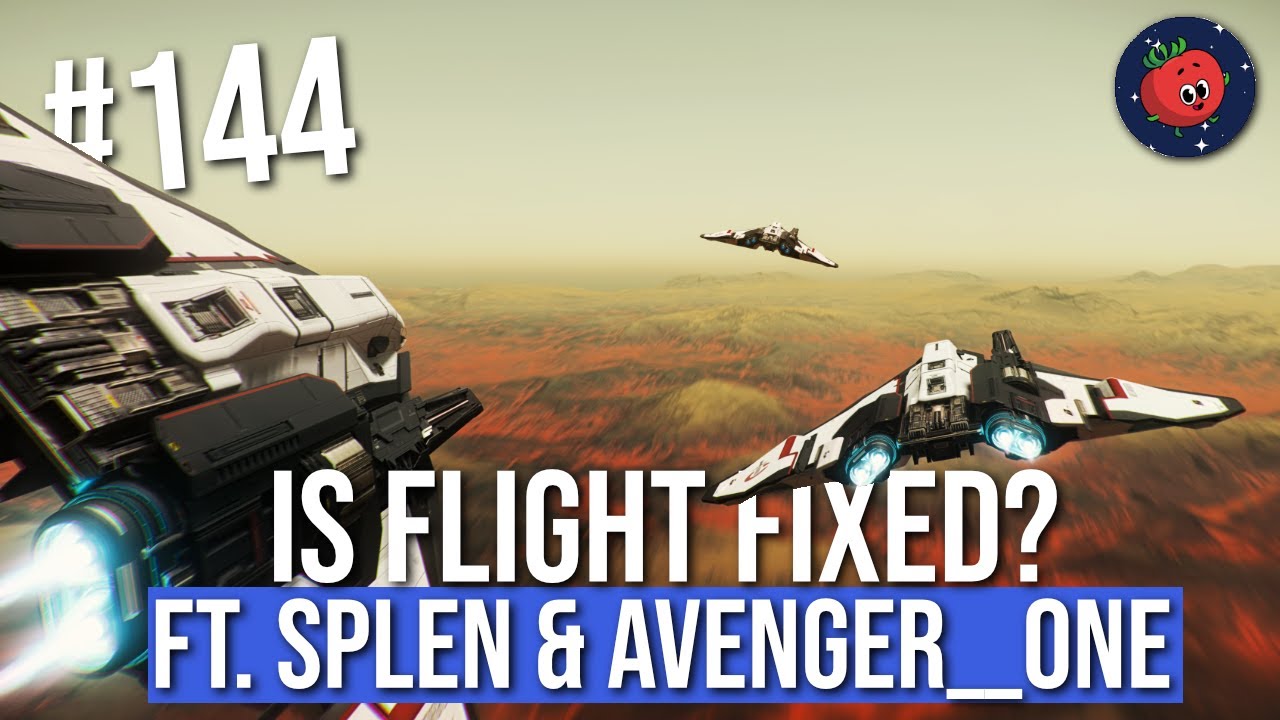In a recent Launch Sequence Podcast episode, guests Avenger__One and Splen discussed their concerns about Star Citizen’s new Master Modes, fearing it could prioritize ship choice over player skill and push the game towards a pay-to-win model, potentially simplifying gameplay and undermining the game’s depth and skill-based nature. They advocated for a system that maintains a high skill ceiling and allows for diverse play styles, emphasizing the importance of skill, practice, and dedication in both combat and racing aspects of the game.
In a recent episode of the Launch Sequence Podcast, the topic of discussion was the introduction of Master Modes in Star Citizen, a feature that has stirred quite a bit of controversy within the community. The hosts were joined by two guests, Avenger__One, a well-known figure in the combat aspect of Star Citizen, and Splen, a prominent member of the racing community, to share their insights and concerns about the implementation of Master Modes. The conversation aimed to shed light on how these changes might impact different areas of gameplay, from combat to racing, and whether the new system aligns with the expectations and desires of the player base.
Avenger__One expressed significant concerns about Master Modes, fearing that it represents a departure from the skill-based gameplay that has defined Star Citizen. He argued that the new system reduces the importance of player skill in favor of ship choice, leading to a scenario where the outcome of engagements may be predetermined by the ships involved rather than the pilots’ abilities. This, he believes, could push the game towards a pay-to-win model, where investment in the game, rather than mastery of its mechanics, becomes the key to success. Avenger__One’s perspective is that Master Modes simplifies combat to a degree that undermines the depth and complexity that attracted many players to Star Citizen in the first place.
Splen, from the racing community, shared similar concerns, particularly regarding how Master Modes might affect racing and other non-combat aspects of Star Citizen. He highlighted the importance of skill, practice, and dedication in achieving success in racing, and how the thrill of competition could be diminished if the system does not adequately differentiate between pilots based on their abilities. Splen also touched on the broader implications for gameplay diversity, emphasizing the need for a balance that allows various play styles and activities to thrive within the Star Citizen universe.
The conversation also delved into the broader implications of Master Modes for the game’s future, discussing how it aligns with the vision of Star Citizen as a space simulation that offers deep, engaging, and challenging experiences across its various facets. Both guests advocated for a system that maintains a high skill ceiling, allowing dedicated players to distinguish themselves and find success through mastery of the game’s mechanics. They expressed a desire for Star Citizen to continue to challenge and reward players in meaningful ways, fostering a rich and dynamic gameplay environment that keeps players engaged over the long term.
In conclusion, the podcast episode provided a platform for a detailed critique of Master Modes from the perspectives of two experienced players deeply invested in different aspects of Star Citizen. The discussion highlighted concerns about the potential for the new system to simplify gameplay, reduce the impact of player skill, and shift the game towards a model that favors investment over mastery. The guests called for careful consideration of these changes, emphasizing the importance of maintaining the depth, complexity, and skill-based gameplay that has made Star Citizen a unique and captivating experience for its player base.
